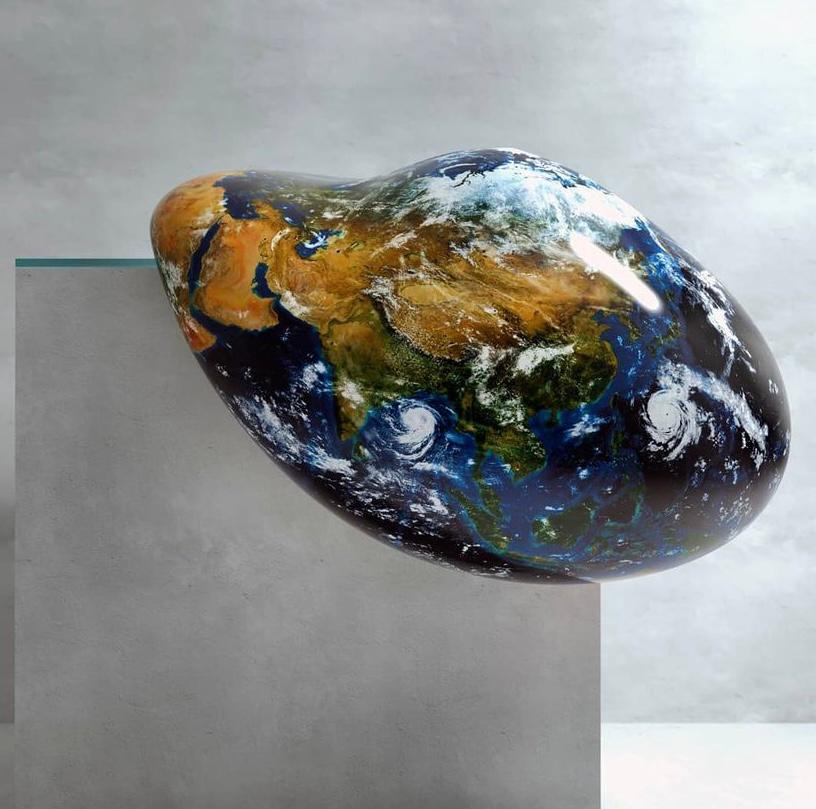Rethinking Earth Day
Should We Even Celebrate?
We got to a point where rethinking Earth Day becomes crucial. Indeed, if we continue at this pace, in a future devoid of resources, Earth Day will be remembered for the countless celebrations. But should we even celebrate?
Earth Day significance
April 22nd marks the annual recurrence of World Earth Day 2024, a global event dedicated to raising awareness and promoting environmental protection. This day is a powerful reminder of the critical need for conservation and sustainability efforts. The purpose is to inspire collective action towards a healthier planet and a more sustainable future.
Earth Day marketing
However, we received emails inviting us to purchase products to save the planet! Is this truly the extent of our commemoration? Another opportunity for product promotion? Is increasing sales an effective strategy against global warming? Is it the means to safeguard our planet? Earth Day promotions sound really weird!
For those striving for a sustainable lifestyle, which transcends the hollow slogans bombarding us incessantly, Earth Day holds no celebrations. In truth, there is little cause for celebration. What’s to commemorate? The devastation wrought by humanity? Or perhaps a brief respite? Certainly not!

The true purpose: rethinking Earth Day
The aim is to raise public consciousness, to instil the understanding that we have but one planet, and we must preserve and protect it. Mother Earth requires time to heal from the havoc we wreak daily, from the mountains of waste generated by our economic system, by our way of life! The devastation is the byproduct of progress, something we seem unwilling to relinquish.
Let’s face it. Unfortunately, Earth Day has become the ultimate marketing strategy to drive sales! But sustainable growth is a myth. Similarly, there can be no sustainable fashion or sustainable tourism without a significant reduction in consumption! “What is needed in the first instance are reduced levels of consumption, not just changed patterns.” – Herman E. Daly.
In conclusion, brands may push marketing gimmicks to celebrate Earth Day 2024. Tourism, fashion, or any other industry may create its own sustainable bubble. But we will neither address nor solve any issue unless we are wholeheartedly committed – every day – to saving the planet by curbing our consumption.
So, let’s be serious: rethinking Earth Day means nothing to celebrate. We must raise awareness and take action!
Rethinking Earth Day Read More »
